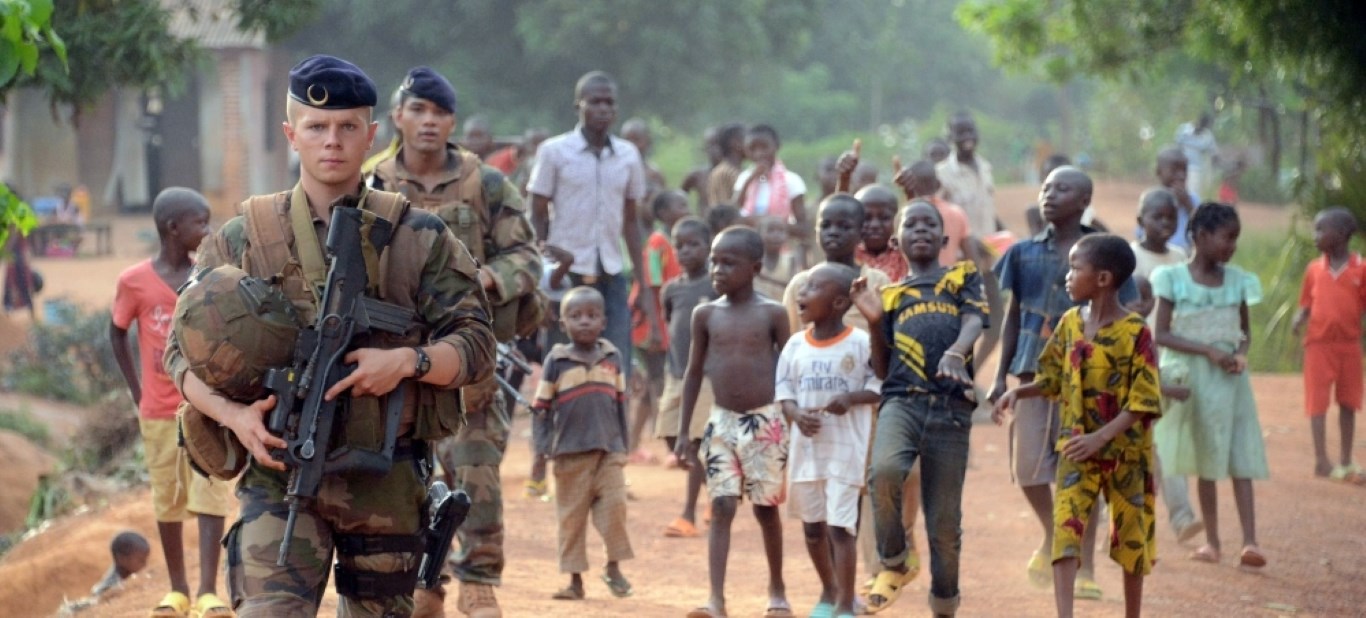Early signs of Genocide
August 8, 2017 | Expert Insights

Clashes in Central African Republic point are early signs of genocide.
UN aid chief, Stephen O'Brien in a recent UN meeting has requested for more troops to aid the conflict-prone region.
Background
CAR, which got independence from France in 1960, has always been plagued by violence. Much of its population lives in poverty, despite the region being rich in diamonds, gold, oil and uranium.
In 2013, Muslim rebels’ part of the Seleka umbrella group (rebel militia) overthrew the CAR government. To counter the rise of the Seleka, an anti-Balaka coalition of the Christian fighters was formed. This marked the beginning to the religious conflict in a region with a majority Christian population.
When the anti-Balaka forces started attacking the Muslim civilians, thousands deflected to the Seleka controlled region in the north. Then President Djotodia, disbanded the Seleka forces but ex-Seleka members began counter attacks, plunging CAR into a humanitarian crisis. Additionally, intra Saleka fighting and involvement by foreign fighters from Chad and Sudan has increased violent outbreaks. By 2014, the country had been de-facto partitioned into the region controlled by Seleka forces in the north east and region controlled by anti-Balaka forces in the south west.
Analysis
On 19th June 2017, the government of Central African Republic (CAR) signed a peace agreement in Rome with 13 of the 14 armed groups to end the ongoing violent conflict. However, violence has persisted. The current President Faustin-Archange Touadera, has been unsuccessful taking control of the whole region.
Over 180,000 people have been displaced from their homes in the region in 2017. In July 2017, an ambush caused the death of Moroccan peacekeeper and injured three others.
UN aid chief, Stephen O'Brien has called for more troops and police in the region. He said that “the early warning signs of genocide are there.” He added, “We must act now, not pare down the UN's effort, and pray we don't live to regret it. The risk of a relapse into another large-scale humanitarian crisis is imminent.”
UN peacekeeping chief Jean-Pierre Lacroix has noted that he might request the UN Security Council for more troops for MINUSCA (United Nations Multidimensional Integrated Stabilization Mission). The UN currently has 12,350 troops and police on the ground.
Assessment
Our assessment is that good governance and the rule of law is absent in this battered nation. The international community has a humane responsibility to help the millions suffering in CAR. The UN had requested for $497 million as a humanitarian appeal to aid CAR. It has only received 24% of that amount so far.








Comments